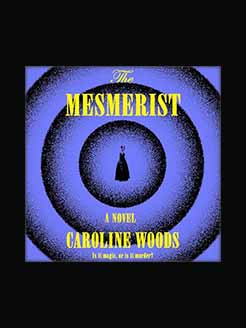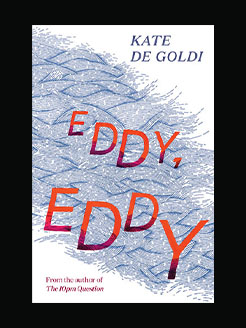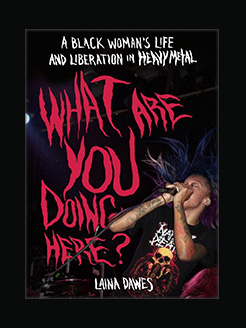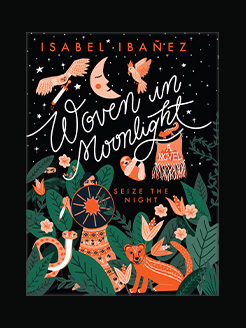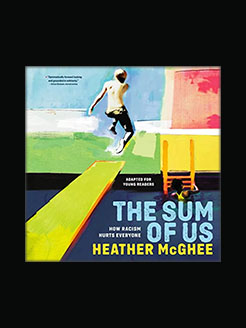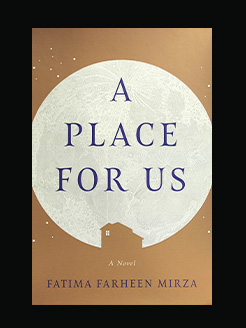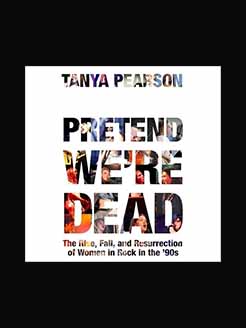Published in 2024 (first published 2018)
448 pages
Linnea Axelsson is a Sámi-Swedish writer, born in the province of North Bothnia in Sweden. In 2018, she was awarded the August Prize for this book. She lives in Stockholm, Sweden. Translated by Saskia Vogel.
What is this book about?
In Northern Sámi, the word Ædnan means the land, the earth, and my mother. These are all crucial forces within the lives of the Indigenous families that animate this groundbreaking book: an astonishing verse novel that chronicles a hundred years of change: a book that will one day stand alongside Halldór Laxness’s Independent People and Sigrid Undset’s Kristin Lavransdatter as an essential Scandinavian epic.
The tale begins in the 1910s, as Ristin and her family migrate their herd of reindeer to summer grounds. Along the way, forced to separate due to the newly formed border between Sweden and Norway, Ristin loses one of her sons in the aftermath of an accident, a grief that will ripple across the rest of the book. In the wake of this tragedy, Ristin struggles to manage what’s left of her family and her community.
In the 1970s, Lise, as part of a new generation of Sámi grappling with questions of identity and inheritance, reflects on her traumatic childhood, when she was forced to leave her parents and was placed in a Nomad School to be stripped of the language of her ancestors. Finally, in the 2010s we meet Lise’s daughter, Sandra, an embodiment of Indigenous resilience, an activist fighting for reparations in a highly publicized land rights trial, in a time when the Sámi language is all but lost.
Weaving together the voices of half a dozen characters, from elders to young people unsure of their heritage, Axelsson has created a moving family saga around the consequences of colonial settlement. Ædnan is a powerful reminder of how durable language can be, even when it is borrowed, especially when it has to hold what no longer remains. “I was the weight / in the stone you brought / back from the coast // to place on / my grave,” one character says to another from beyond the grave. “And I flew above / the boat calling / to you all: // There will be rain / there will be rain.”

